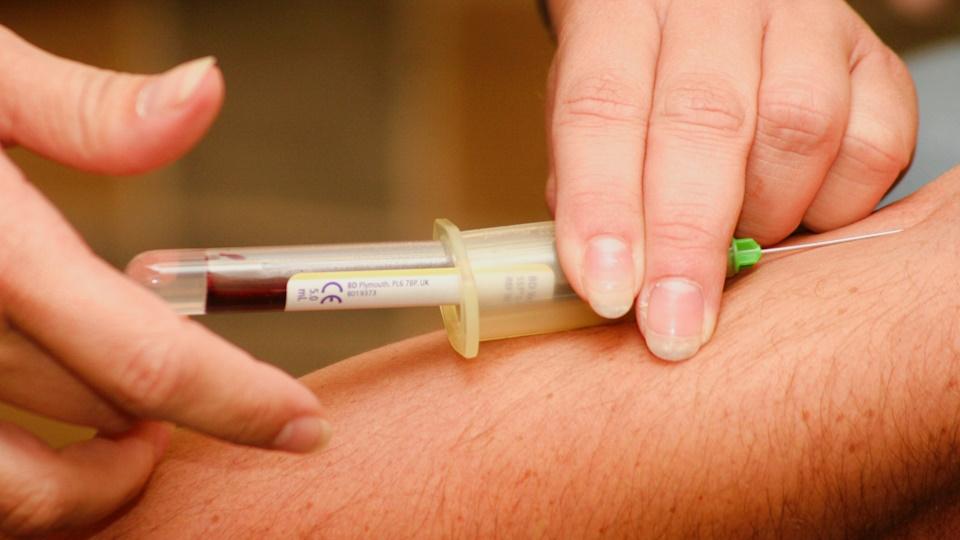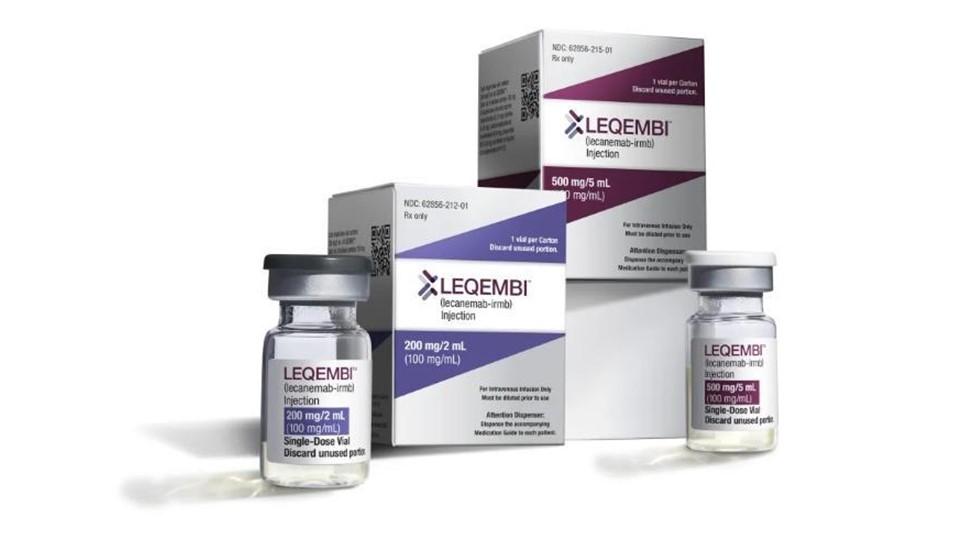FDA puts breakthrough tag on Roche, Lilly Alzheimer’s test

A blood test being developed by Roche and Eli Lilly that could help diagnose patients with Alzheimer’s disease more quickly has been awarded breakthrough status by the FDA, which could help it to reach the market more quickly.
The pTau217 plasma biomarker test, which runs on Roche’s widely-used Elecsys analysers, is intended to look for the presence or absence of amyloid pathology in individuals with suspected Alzheimer’s.
pTau217 is a phosphorylated fragment of the protein tau that in research studies has been shown to distinguish Alzheimer’s from other neurodegenerative disorders, and potentially to detect elevated risk of the disease years before symptoms develop.
The test could potentially help identify patients eligible for treatment with new amyloid-busting drugs like Eisai and Biogen’s Leqembi (lecanemab), which is already approved for marketing in the US, China, and Japan, as well as Eli Lilly’s donanemab, which has been submitted for approval and is heading for an FDA advisory committee meeting.
In addition, Roche and Lilly hope it could be deployed to accelerate the recruitment of patients into clinical trials of new treatments for Alzheimer’s and help researchers make faster progress in understanding the complex disease.
At the moment, AD is typically diagnosed with the help of time-consuming and expensive PET brain scans or invasive cerebrospinal fluid (CSF) analysis carried out by lumbar puncture, coupled with cognitive testing, and it can take years after symptom onset to get a verdict.
“The incidence of dementia is growing worldwide, with 75% of cases remaining undiagnosed,” commented Matt Sause, chief executive of Roche Diagnostics. “Consequently, there is a critical role for diagnostics to play in addressing this global health challenge [and] we believe pTau217 is going to be crucial in the diagnosis of Alzheimer’s.”
Earlier this year, a rival pTau217 test developed by California biotech ALZpath was shown to be 96% accurate in identifying elevated levels of amyloid and up to 97% accurate in correctly identifying high levels of tau, when compared with CSF testing, in a study published in the journal JAMA Neurology.
The researchers behind the work said the test could help to reduce the demand for follow-up testing by around 80%, saving health systems money.
Roche and Lilly are also working on another Elecsys test that measures pTau181 protein assay and apolipoprotein (APOE) E4 assay in human blood plasma and has also been given breakthrough status by the FDA.
Meanwhile, a pair of independent clinical trials are getting underway in the UK that will look at a range of blood tests to investigate their potential to deliver real-world benefits to the NHS.
One study is focusing on pTau217 to see if it can be used to predict Alzheimer’s in patients with early signs of dementia and mild, progressive memory loss, while the other will look at tests for different types of dementia to see whether they can help detect the diseases at various stages.
Photo by Hush Naidoo Jade Photography on Unsplash













